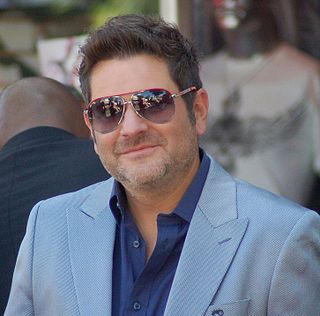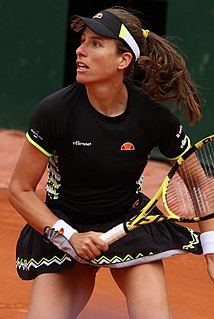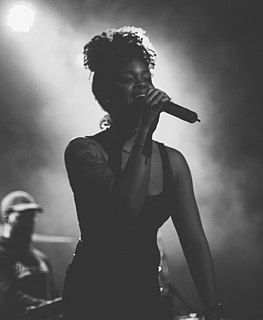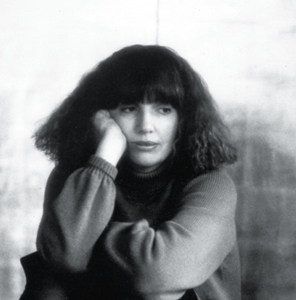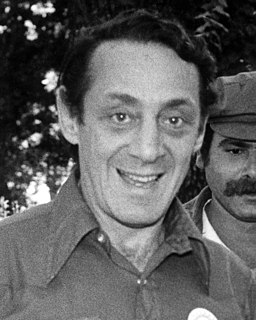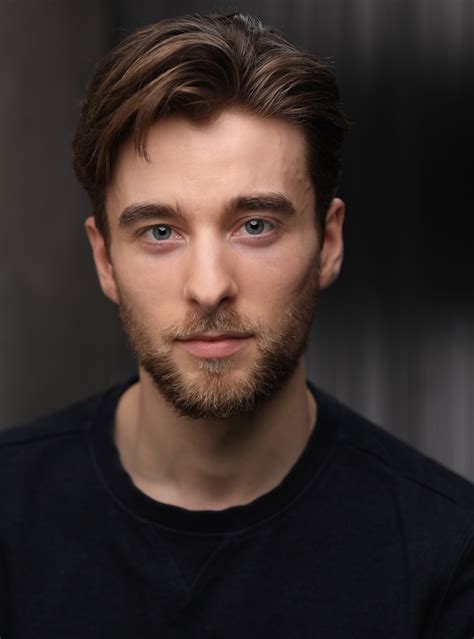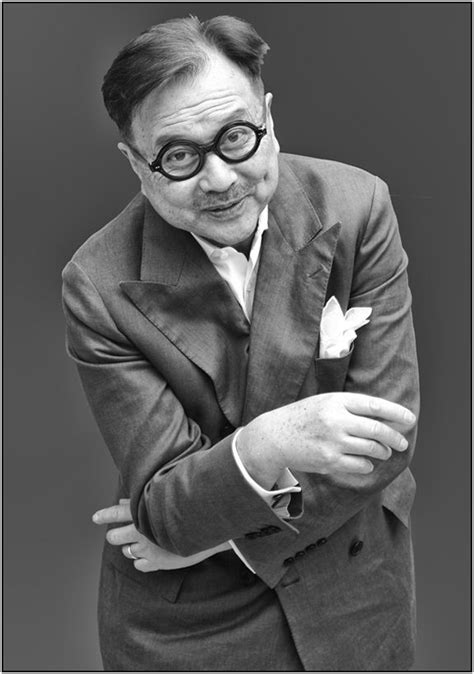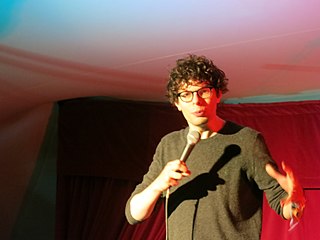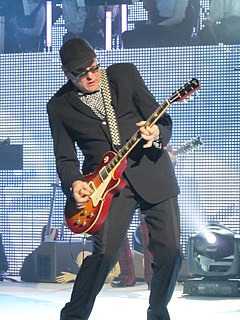A Quote by John Densmore
The End' eventually became the encore at all of our big concerts. We would play 'Light My Fire,' and there would be this incredible Summer Of Love '60s thing, and then we'd come out and bludgeon them with 'The End.'
Related Quotes
I was seduced by the nouvelle vague, because it was really reinventing everything. And the Italian cinema that one would see in the theaters in the late '50s, early '60s was Italian comedy, Italian style, which, to me, was like the end of neo-realism. I think cinema all over the world was influenced by it, which was Italy finding its freedom at the end of fascism, the end of the Nazi invasion. It was a kind of incredible energy. Then, late '50s, early '60s, the neo-realism lost its great energy and became comedy.
I would love a big family. I have this vision in my mind where I have four or five children, and then, when I'm in my 60s, it's Christmas, and all my kids come home with their spouses and lots of grandchildren. By the end of it, there are 40 to 50 people in my house, and I look around, feeling totally happy, surrounded by my family.
It's like you run into this dark tunnel, trusting that somewhere there's another end to it where you're going to come out. And there's a point in the middle where it's just dark. There's no light from where you came in and there's no light at the other end; all you can do is keep running. And then you start to see a little light, and a little more light, and then, bam! You're out in the sun.
I would like to see every gay doctor come out, every gay lawyer, every gay architect come out, stand up and let that world know. That would do more to end prejudice overnight than anybody would imagine. I urge them to do that, urge them to come out. Only that way will we start to achieve our rights.
It was true what Jim said, this wasn’t the end but the beginning. But the wars would end one day and Jim would come then, to the island they would share. One day surely the wars would end, and Jim would come home, if only to lie broken in MacMurrough’s arms, he would come to his island home. And MacMurrough would have it built for him, brick by brick, washed by the rain and the reckless sea. In the living stream they’d swim a season. For maybe it was true that no man is an island: but he believed that two very well might be.
I would have conversations with European artists. Meaning, people look at my painting and one person would say, "Oh, your painting is just like so-and-so!" Another person would say, "It's just like so-and-so." But at the end, it's a chain of relay like a marathon. There are so many so-and-so's that eventually it becomes mine. My dialogue was completely European, with the '40s, '50s, '60s artists, but on the exterior side I do big painting. It's post-Pollock. It's current. It's a meeting of the time. The Chinese side just comes out.
The idea of a life plan, "I'm here now, where do I need to go to..." There's always "And then what?" And eventually the end of that "and then what?" is death. I've just learned that I can't have such a narrow focus as I did as a child, because there is no end point, and eventually you feel empty if you're not also nourishing other things: joy, love, relationships.

